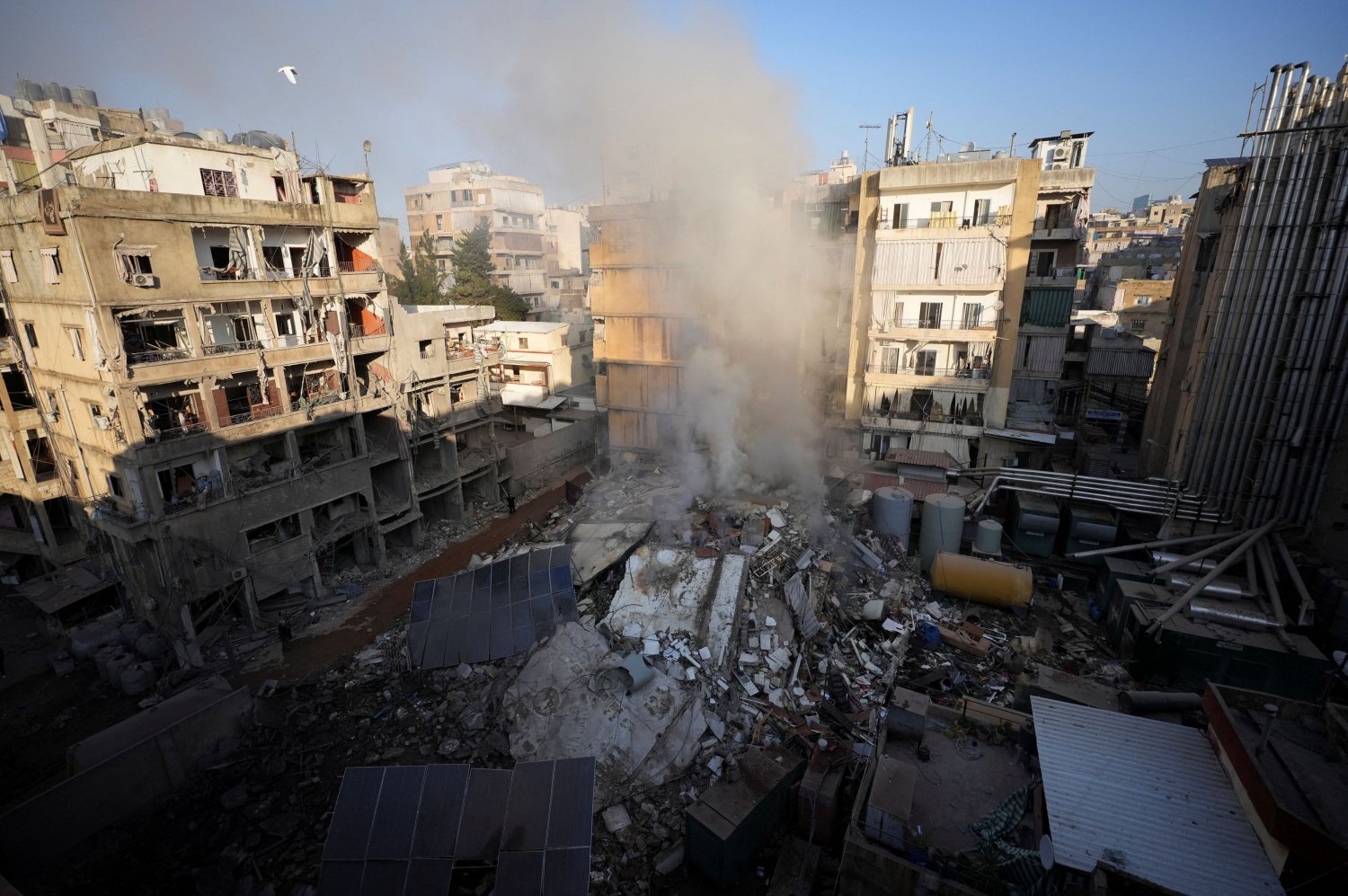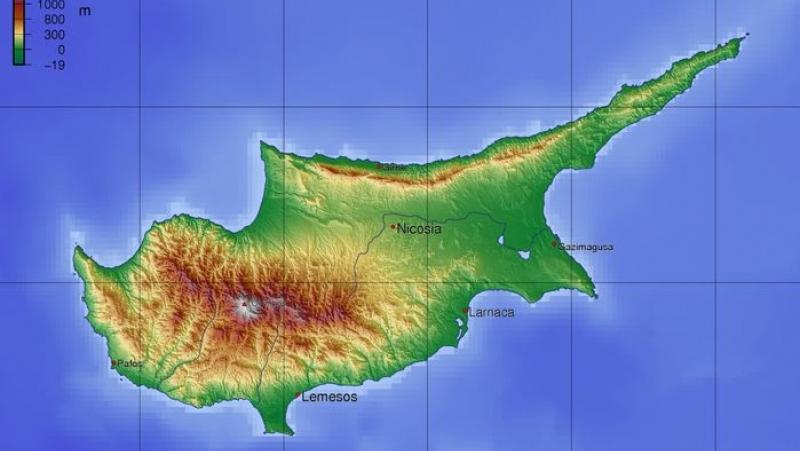Table of Contents
A cease-fire agreement between Israel and Hezbollah in southern Lebanon has raised hopes that the coming of the new year will bring closure to one of the Middle East’s active fronts.
The speeches of Netanyahu and Biden on Tuesday night are a milestone, but for the curtain to fall on the drama that the people of the region have been living for 14 months, more time will be needed, and other compromises will be needed. It will take a critical two months to stabilize the situation on the Lebanon-Israel border, almost as much time as the new US administration under Donald Trump takes office.
What does the agreement provide?
The agreement – the product of an intensive diplomatic effort by the US and France – provides for a cease-fire from four in the morning on Wednesday for two months, during which Hezbollah forces will retreat to a depth of 30 km from the border (in the Litani River) and the Israeli troops will completely withdraw from the territory of southern Lebanon where the Lebanese army will be deployed alongside the UN peacekeeping force to implement Security Council Resolution 1701 (outstanding from the previous 2006 war).
A five-member commission chaired by the US and with the participation of France will oversee compliance with the agreements, while Israel received US guarantees that allow it to take action in the event of an immediate threat (eg a missile attack).
The choreography of death over the last three days, with both sides bombing until the last minute – in northern and central Israel by Hezbollah, in Beirut and Tire by Israel – is not surprising, on the contrary it is a common feature of the Arab-Israeli conflict where each side wants to he has the last word and to launch the last missile on the field before the guns fall silent.
The next steps
Hezbollah, which has suffered heavy blows, did not sign any agreement, but the government of Lebanon speaks and commits on its behalf, while the regime of Iran – the true patron of the Shiite organization – agrees, which is also in a difficult position despite its lionization.
For his part, Israeli Prime Minister Benjamin Netanyahu is trying to convince his compatriots that the Jewish state has won a major victory, forced its enemies into capitulation, and it is time to put the brakes on to better serve its strategic goals. Undoubtedly, Israel has the upper hand militarily, while by closing the northern front – even temporarily – it can focus on Iran and “untangle” with Gaza, as Trump had urged Netanyahu before the election.
In theory, a diplomatic exit in the north gives hope for a similar exit and ceasefire in Gaza, especially when Hamas’ allies – namely Hezbollah and Tehran – back down. Practically, what is left of Hamas in flattened Gaza is isolated – all Netanyahu is offering them is a promise of safe exit from the Strip if they release those of the 101 Israeli hostages still alive. Two million Palestinian civilians are also isolated, in absolute poverty, at the mercy of the Israeli army, the winter and the gangs that loot all the supply convoys that pass through the Israeli “sieve”.
In his speech, the outgoing US president referred to the mediating role that Turkey could play in Gaza and insisted on the creation of a Palestinian state, something that Netanyahu rejects, calling even the Palestinian Authority “terrorists”.
#Israel #Lebanon #ceasefire #agreement #steps
Here are two PAA style questions based on the provided text:
## World Today News Exclusive: A Ceasefire in Lebanon, But What Now?
**Hosted by:** [Your Name], Editor, World Today News
**Guests:**
* Dr. Laila Amin: Middle East Political Analyst
* Mr. Jacob Cohen: Security Expert specializing in the Israeli-Arab conflict
**Introduction:**
Welcome to World Today News. Today, we’re discussing the recently announced ceasefire between Israel and Hezbollah in southern Lebanon. This agreement brings a cautious optimism to a region fraught with conflict and raises critical questions about the future. We’re joined by Dr. Laila Amin, a leading Middle East political analyst, and Mr. Jacob Cohen, a security expert specializing in the Israeli-Arab conflict. Welcome to both of you.
**I. Understanding the Agreement: Terms and Implications**
* Dr. Amin, could you unpack the key provisions of the cease-fire agreement and its significance in the context of the 14-month conflict?
* Mr. Cohen, the article mentions Hezbollah withdrawing 30km from the border. Can you elaborate on the strategic implications of this withdrawal for both sides?
* How does the involvement of the US and France shape the expected outcome of this agreement?
**II. Hezbollah and Iran: A Divided Front?**
* Dr. Amin, Hezbollah didn’t technically “sign” this agreement. How does Lebanon speaking on its behalf impact the agreement’s legitimacy and enforceability, considering Iran’s influence on Hezbollah?
* Do you believe Iran’s support for the agreement indicates a change in their strategic goals in the region, or is this a temporary concession?
* Mr. Cohen, do you agree with the assessment that the agreement signifies a strategic loss for Hezbollah and Iran? What are the potential ramifications for their future actions?
**III. Israel’s Victory and the Long-Term Vision**
* Mr. Cohen, Prime Minister Netanyahu claims this ceasefire represents a major victory for Israel, stating that it has “forced its enemies into capitulation.” How accurate is this claim, considering Hezbollah’s continued presence and influence in Lebanon?
* This agreement strategically benefits Israel by allowing them to focus on other fronts, potentially Iran and Gaza. Do you see this as a strategic masterstroke by Netanyahu? What are the potential risks?
* Dr. Amin, President Trump’s call for a Palestinian state seems to be falling on deaf ears. Given Netanyahu’s rejection of this notion and labeling of the Palestinian Authority as ”terrorists,” what does the future hold for the Palestinian people?
**IV. Looking Ahead: Peace or Temporary Truce?**
* Both of you, the article mentions a two-month ceasefire period. What are the likelihoods of this truce holding, considering the history of the
conflict and the underlying tensions?
* What key factors will determine whether this ceasefire leads to a lasting peace or simply a temporary lull in the fighting?
* In your opinion, what are the essential next steps towards achieving a genuine and sustainable solution to this enduring conflict?
**Closing:**
Thank you both for your insightful contributions to this crucial discussion. The ceasefire in Lebanon offers a glimmer of hope, but the road to lasting peace in the region remains complex and fraught with challenges. World Today News will continue to provide comprehensive coverage on this evolving situation.

)
